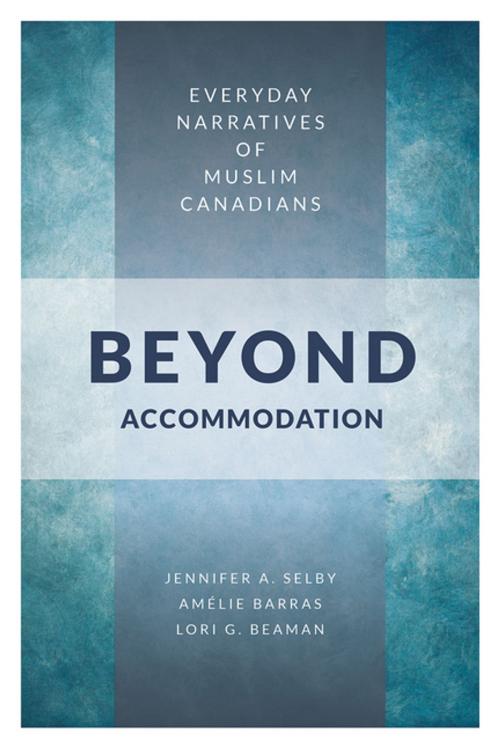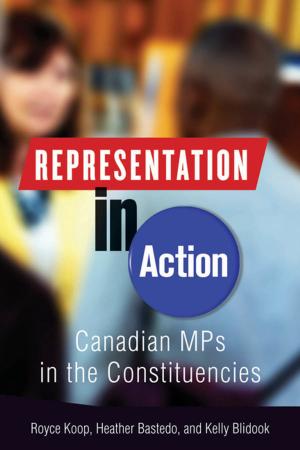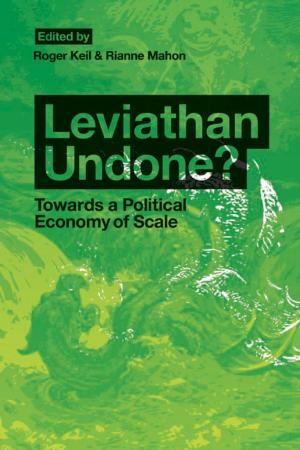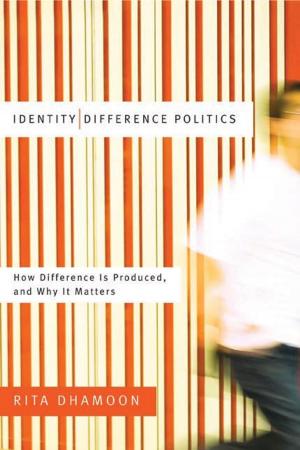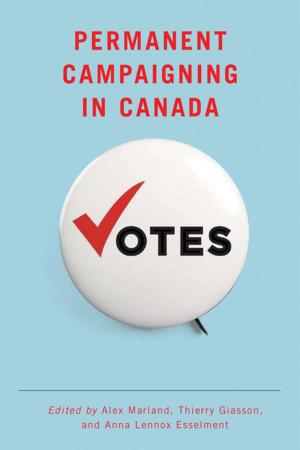Beyond Accommodation
Everyday Narratives of Muslim Canadians
Nonfiction, Social & Cultural Studies, Social Science, Sociology, Marriage & Family, Religion & Spirituality, Middle East Religions, Islam, Anthropology| Author: | Jennifer Selby, Amelie Barras, Lori G. Beaman | ISBN: | 9780774838313 |
| Publisher: | UBC Press | Publication: | September 6, 2018 |
| Imprint: | UBC Press | Language: | English |
| Author: | Jennifer Selby, Amelie Barras, Lori G. Beaman |
| ISBN: | 9780774838313 |
| Publisher: | UBC Press |
| Publication: | September 6, 2018 |
| Imprint: | UBC Press |
| Language: | English |
Problems – of integration, failed political participation, and requests for various kinds of accommodation – seem to dominate the research on minority Muslims in Western nations. Beyond Accommodation offers a different perspective, showing how Muslim Canadians successfully navigate and negotiate their religiosity in the more mundane moments of their lives.
Drawing on interviews with Muslims in Montreal and St. John’s, Selby, Barras, and Beaman examine moments in which religiosity is worked out. They critique the model of reasonable accommodation, which has been lauded internationally for acknowledging and accommodating religious and cultural differences. The authors suggest that it disempowers religious minorities by implicitly privileging Christianity and by placing the onus on minorities to make requests for accommodation. The interviewees show that informal negotiation occurs all the time; scholars, however, have not been paying attention. This book advances a new model for studying the navigation and negotiation of religion in the public sphere and presents an alternative picture of how religious difference is woven into the fabric of Canadian society.
Problems – of integration, failed political participation, and requests for various kinds of accommodation – seem to dominate the research on minority Muslims in Western nations. Beyond Accommodation offers a different perspective, showing how Muslim Canadians successfully navigate and negotiate their religiosity in the more mundane moments of their lives.
Drawing on interviews with Muslims in Montreal and St. John’s, Selby, Barras, and Beaman examine moments in which religiosity is worked out. They critique the model of reasonable accommodation, which has been lauded internationally for acknowledging and accommodating religious and cultural differences. The authors suggest that it disempowers religious minorities by implicitly privileging Christianity and by placing the onus on minorities to make requests for accommodation. The interviewees show that informal negotiation occurs all the time; scholars, however, have not been paying attention. This book advances a new model for studying the navigation and negotiation of religion in the public sphere and presents an alternative picture of how religious difference is woven into the fabric of Canadian society.
